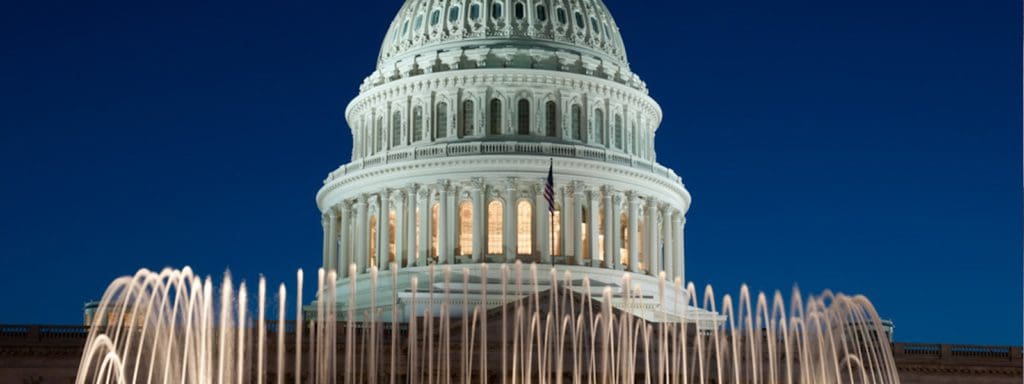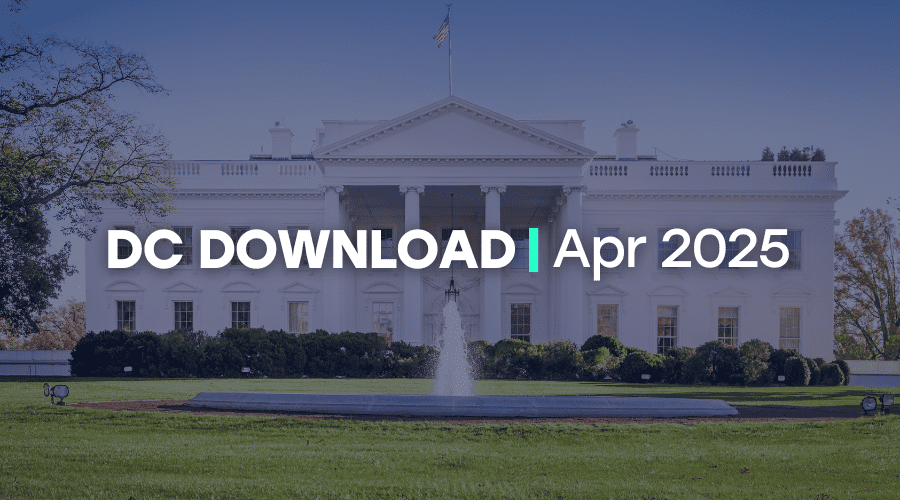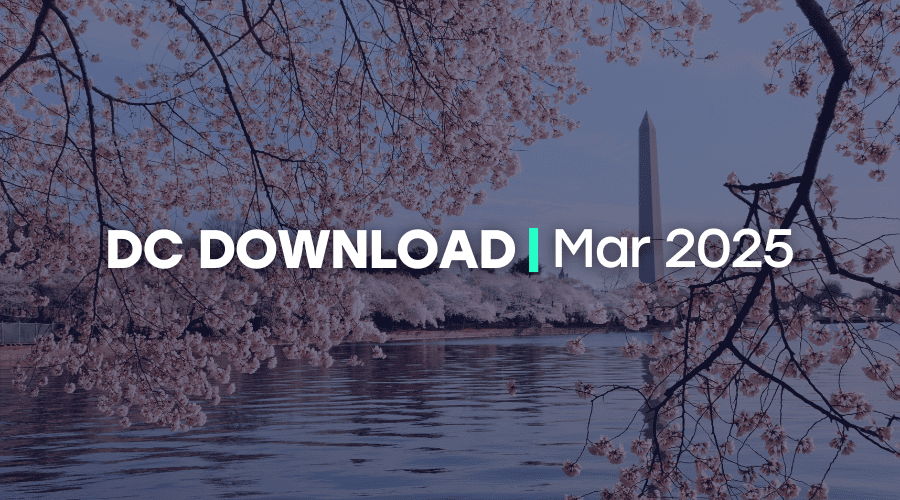Congress might be away from DC this month, but the action never stops! Here is a short version of the major federal policy updates that may impact nonprofit work this month.
Two-year Budget Deal Signed
A two-year budget deal was signed into law by President Trump on August 2, permitting federal spending to be roughly $320 billion higher than it would have been under the outdated and prohibitive budget caps in place. Congress still needs to reach an agreement on allocating this money to federal agencies and programs before October 1, and the deal will add to the government’s budget deficit, which already approaches $1 trillion a year. While this deal is an exemplary victory for programs that help nonprofit organizations serve their communities, it means that efforts to repeal the onerous tax on nonprofit employee transportation benefits will need to seek a different legislative vehicle.
Schedule B Changes Struck Down in Court
On July 30, Judge Brian Morris of the U.S. District Court in Montana overturned the IRS’s change of rule on donor disclosure. Mr. Morris wrote that the tax agency violated the Administrative Procedure Act (APA) by not allowing public notice of the change or public comment, as required by law.
Last year, the IRS released a ruling (Rev. Proc. 2018-38) allowing certain types of tax-exempt organizations – including 501(c)(4) social welfare organizations and 501(c)(6) professional and trade associations – to stop disclosing large donors as required on Schedule B of Form 990. Large donors are considered those who give $5,000 or more. Exceptions were made for 501(c)(3) charities and Section 527 political organizations.
The dispute surrounding this rule also prompted states including Montana, New Jersey, and New York to file a separate lawsuit alleging that the IRS and the Treasury Department have violated the Freedom of Information Act (FOIA) by failing to respond to timely requests for documents. The IRS and the Treasury Department have disputed the states’ assertions, arguing in part that FOIA does not impose a specific time frame to release records and that the states are not entitled to “expedited processing” of their requests.
Public Charge Rule Released
On August 14, the Department of Homeland Security (DHS) unveiled a new public charge rule that gives U.S. immigration officers broad authority to deny applicants citizenship, green cards, visa extensions, and changes in immigration status based on past or potential future use of public benefits. The rule would add Medicaid and food stamps to the list of programs whose past recipients could be deemed a “public charge,” potentially jeopardizing their ability to become citizens.
The new criteria for this public charge rule is scheduled to take effect on October 15. Several states including New York, Vermont, Connecticut, and the city of New York have filed a joint lawsuit against the proposed rule arguing it “implements this Administration’s explicit animus against immigrants of color.”—The Hill reported.
U.S. Citizenship and Immigration Services (USCIS) officials said the rule also will not apply to the family members of U.S. citizens who receive benefits, so a parent of a U.S. citizen would not be deemed ineligible based on the child’s receipt of housing assistance or subsidized food. The policy would not apply to humanitarian programs for refugees and asylum recipients, and would not be applied retroactively to those who have used benefits in the past.
The expansion of the public charge rule puts nonprofits in a difficult position, as they often fulfill a connector role between families in need within their communities and the resources that are available to them. Legal immigrants, and the parents of children who are U.S. citizens could be deterred from applying for these programs due to the new rule.
For more information about the new public charge rule, you can visit the National Immigration Law Center, which has published a comprehensive fact sheet.
August Recess – Talk to your Members of Congress!
There are still 11 days left in August Recess, so now is a great time to meet with your member of Congress. Contact your legislator while they’re home looking to connect with constituents. They need to hear that that your organization and community demand a fairer tax code that helps every American give to charity. Independent Sector is proud to provide this free toolkit to use yourself or share with your networks.



